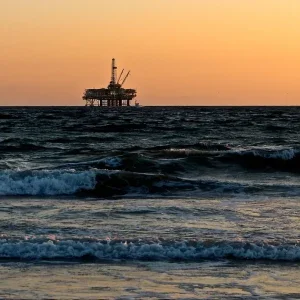
Equinor has agreed to acquire additional stakes in five discoveries in the Troll, Fram, and Kvitebjørn area in the Norwegian North Sea from Wellesley Petroleum for an undisclosed price.
In the last four years, Equinor has announced seven discoveries in the Troll, Fram, and Kvitebjørn area.
The company will acquire 40% of production licences (PLs) 878, 878 B, and 878 C, which contain the Atlantis discovery, a 20% stake in PLs 923 and 923 B, which contain the Røver Nord and Røver Sør discoveries, and a 45% stake in PLs 630 and 630 CS, which contain the Toppand discovery.
Besides, Equinor will take an additional stake of 15% of PL 248 I and 45% of PL 925, which comprises an estimated 18.8% portion of the Grosbeak discovery.
Wellesley Petroleum CEO Chris Elliott said: “The agreement provides Equinor with more scale in high-quality operated development projects with excellent ESG characteristics, whilst allowing Wellesley to crystallise value and refocus the portfolio towards our core exploration acreage.
“Upon completion of the transaction, Wellesley will have returned more than half a billion dollars to investors through the sale of discoveries since 2019, attesting to the enduring value potential of hydrocarbon exploration on the Norwegian Continental Shelf.”
Following the closing of the deal, Equinor’s stakes will increase to 80% in Atlantis, 60% in the Røver Nord/Sør discoveries, and 95% in the Toppand discovery. Its stake in the Grosbeak discovery in PL248I will increase to 55% and in the same discovery in PL925 will go up to 85%.
Equinor said that it has commenced field development projects to coordinate the development of the five Norwegian Continental Shelf (NCS) discoveries in collaboration with partners.
Equinor Norway exploration and production vice president Kjetil Hove said: “With this transaction, we strengthen our position in one of our core areas on the Norwegian continental shelf.
“These discoveries can be put into production with low costs and low CO2 emissions by being connected to the suitable infrastructure in the area. Discoveries close to infrastructure are important for our ambition to maintain production at current levels from the NCS beyond 2030.”
The deal, which is subject to the usual government and licence approvals, is anticipated to close during the first half of this year.






